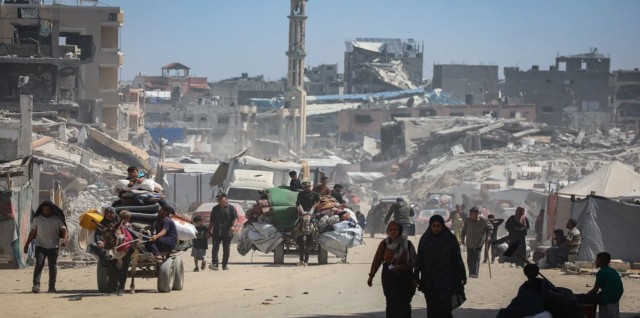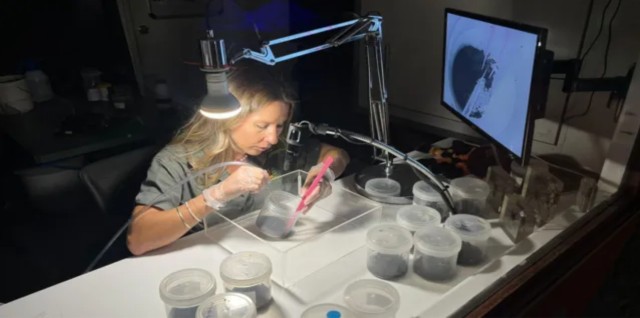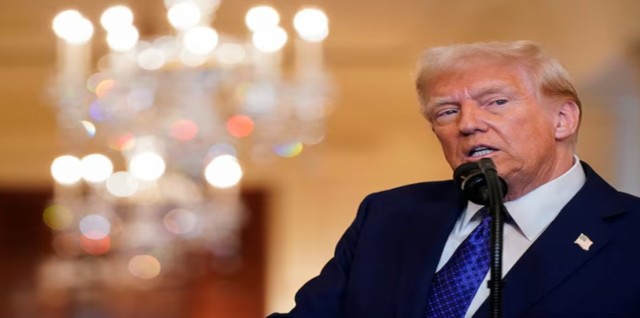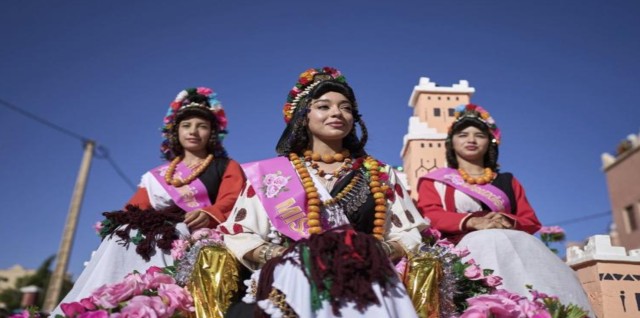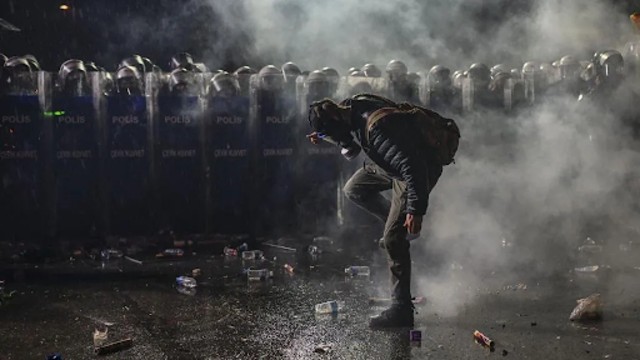
Police used water cannons, tear gas, and pepper spray to disperse protesters. BBC
Massive protests have swept across Turkey after the arrest of Istanbul’s mayor, Ekrem Imamoglu, who is a key rival of President Recep Tayyip Erdogan. Imamoglu was formally charged with corruption and detained, sparking outrage nationwide. The protests are the largest since the 2013 Gezi Park demonstrations, with tens of thousands rallying across more than 55 provinces.
Imamoglu, seen as a strong contender for the 2028 presidential race, was arrested just before being named the Republican People's Party’s (CHP) presidential candidate. His sudden detention fueled anger, with crowds in Istanbul gathering near the city hall, waving Turkish flags, and chanting against the government. Riot police used tear gas, rubber bullets, and water cannons to disperse the demonstrators.
Despite his arrest, Imamoglu remained defiant. In a message shared on social media through his lawyers, he called the charges against him politically driven and vowed not to give in. "I will never bow," he wrote. His wife, Dilek Kaya Imamoglu, addressed the crowd outside city hall, saying the injustice against her husband had "touched every conscience."
Imamoglu is accused of running a criminal organization, extortion, bribery, and tampering with personal data. He was suspended from his role as mayor and sent to Silivri Prison. However, legal experts say his arrest does not prevent him from running for president, unless he is convicted. If found guilty, he will be disqualified from the race.
The protests, initially sparked by Imamoglu's arrest, have grown into a larger movement against Erdogan's rule. Demonstrators in Istanbul clashed with riot police, while people in other major cities, including Ankara and Izmir, held large rallies. Many accused the government of using the legal system to silence its political opponents.
The Ministry of Justice denied any political interference in Imamoglu’s arrest, insisting on the independence of the judiciary. However, critics argue that the charges are part of Erdogan's broader crackdown on dissent.
On social media, Imamoglu's supporters expressed solidarity. Millions cast symbolic votes at special ballot boxes set up by the CHP to show support for the jailed mayor. The party reported that around 15 million people participated, with 1.6 million being official CHP members.
Meanwhile, Istanbul University announced it was revoking Imamoglu's degree over alleged irregularities. This move could further complicate his presidential run, as Turkish law requires candidates to have completed higher education. His lawyers plan to appeal the decision in both the Constitutional Court and the European Court of Human Rights.
The Turkish government also ordered social media platform X to block over 700 accounts, including those of journalists and political figures, claiming they were inciting unrest. X’s Global Government Affairs team criticized the move, calling it unlawful and harmful to free speech.
The protests are expected to continue, as Imamoglu’s supporters vow to keep fighting for justice. Many see his arrest as a symbol of growing authoritarianism under Erdogan’s leadership.


